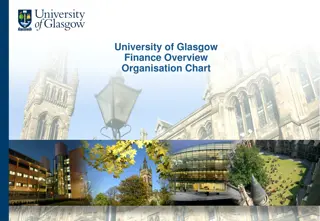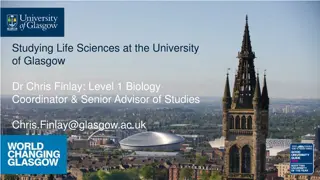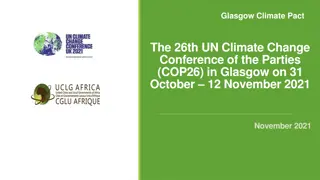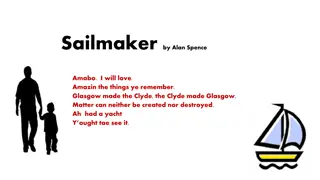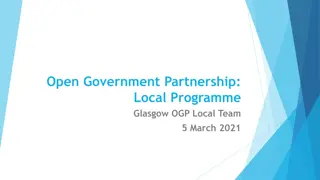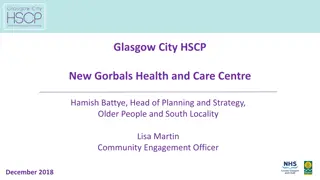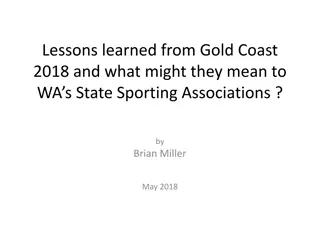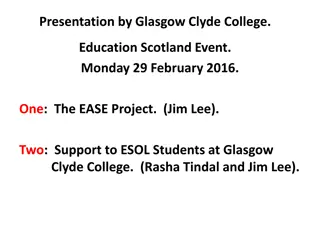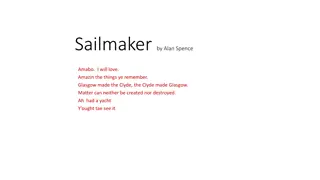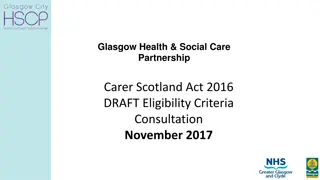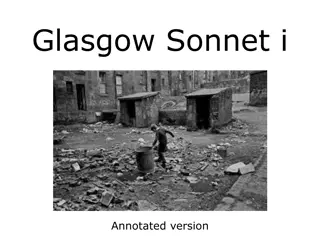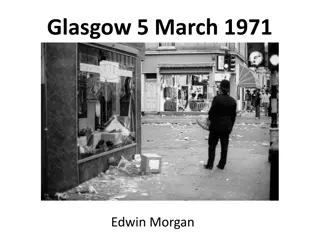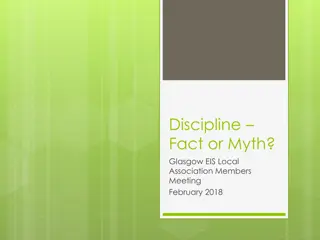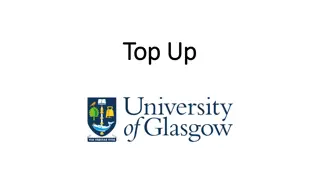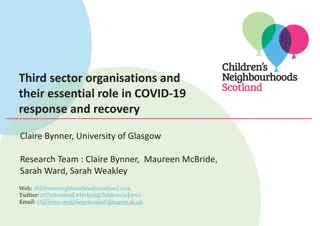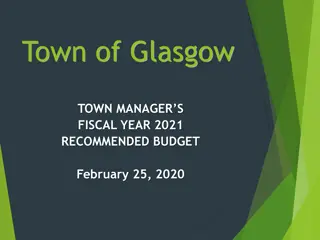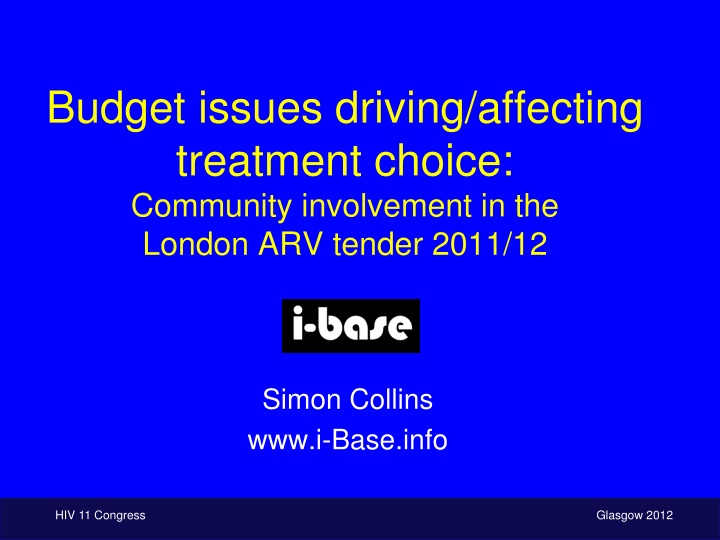
London ARV Tender Process: Budget Influence on Treatment Choice
Learn how budget constraints drove treatment decisions in the London ARV tender process of 2011/12. Community involvement, cost-effectiveness, and prioritizing patient care over cost savings were key factors in this healthcare procurement strategy.
Download Presentation

Please find below an Image/Link to download the presentation.
The content on the website is provided AS IS for your information and personal use only. It may not be sold, licensed, or shared on other websites without obtaining consent from the author. If you encounter any issues during the download, it is possible that the publisher has removed the file from their server.
You are allowed to download the files provided on this website for personal or commercial use, subject to the condition that they are used lawfully. All files are the property of their respective owners.
The content on the website is provided AS IS for your information and personal use only. It may not be sold, licensed, or shared on other websites without obtaining consent from the author.
E N D
Presentation Transcript
Budget issues driving/affecting treatment choice: Community involvement in the London ARV tender 2011/12 Simon Collins www.i-Base.info HIV 11 Congress Glasgow 2012
Background 1 In the UK, drug prices are negotiated locally and regionally with companies, not nationally In London, for at least ten years, health trusts and hospitals have collaborated for drug purchasing Outcomes included lower prices and greater equity of prescribing across London Oversaw careful use of highest cost ARVs usually for people with drug resistance HIV 11 Congress Glasgow 2012
Background 2 Coordinating London-wide services also included New-Fill clinics for lipoatrophy minimising need for people to switch clinics HIV services had to find 8m savings from drug costs over 2 years From 2010, central government flat-lined NHS budgets no increase for inflation. London Incentive was to be able to retain savings each year for local HIV services (specialist pharmacy, support nurses etc) HIV 11 Congress Glasgow 2012
Tender process Decision to tender ARV contracts, prices linked to volume use: bulk discounts Policy supported by doctors, community, etc Prescribing guidelines would then factor cost when recommending preferred first, second and MDR combinations When two similar drugs had significantly different prices, use the least expensive Unethical to routinely pay higher prices given limited budgets when not supported by data HIV 11 Congress Glasgow 2012
Efficacy and safety vs cost Specialist advisory group developed guidelines: included leading HIV doctors and pharmacists from each health Trust and/ or hospital, activists and HIV positive community reps. Prioritised efficacy and safety over cost Less effective drugs (ie AZT, d4T) were never recommended even if they were cheaper HIV 11 Congress Glasgow 2012
Timeline August 2010 Tender process announced after involvement of key stakeholders October 2010 Company meetings on the process December 2010 Tender deadline Jan-Mar 2011 Guidelines developed 1 April 2011 New guidelines in place All steps included community involvement. HIV 11 Congress Glasgow 2012
Recommendations Mainly affected <50% of first-line treatment Abacavir/3TC > tenofovir/FTC when clinically appropriate No nuke-switches for stable patients Atazanavir/r as first line PI, some switching resistance/complications Higher cost ARVs for All ARVs could still be prescribed Approx 5m saved in year one HIV 11 Congress Glasgow 2012
Issues raised Some community groups and doctors, felt excluded from the process (even though this was publicised and open) Also strong support because of NHS crisis: ie okay to increase pill count but not doses Some media reports drove alarmist concerns audit, and clinic questionnaire and separate UK- CAB online survey Community responses included a safety HIV 11 Congress Glasgow 2012
Inaccurate reporting Alarmist and inaccurate reporting included that: everyone would have to switch switching was to older worse drugs only the cheapest drugs were being used that patients had not been consulted. None were true. These claims increased patient anxiety and worry. The guidelines allowed for individual flexibility. HIV 11 Congress Glasgow 2012
UK-CAB survey Online community survey (Nov11 Jun 12) to see whether the guidelines: 1) Were generally safe and effective. 2) Were not resulting in reduced care, 3) Were being interpreted correctly in all clinics and populations. 20 questions: broadly positive: ie How has the new treatment affected your health? : 57% no difference and 27% health improved. 15% thought their health had got worse (complex cases, or switched back and resolved). Examples of bad care were related to poor clinical practice rather than from following the guidelines HIV 11 Congress Glasgow 2012
(Therapeutic tender questionnaire phase 1, 2011-2012) Audit 1: patient questionnaire (n~1400) I am feeling better on my new treatment (n=1383) 33% 45% I am managing to take my new treatment as described (n=1411) 35% 58% I am happy with how my clinic managed this aspect of my care (n=1415) 32% 62% I was able to ask questions about the new treatment (n=1411) 40% 54% I was given enough time to make my own decision about my new treatment (n=1414) 37% 51% The potential risks and benefits of the new treatment were explained clearly (n=1408) 41% 48% I was as involved as I wanted to be in this decision (n=1412) 37% 54% I understood why my doctor asked me to start my new HIV treatment (n=1413) 36% 59% 0% 10% 20% 30% 40% 50% 60% 70% 80% 90% 100% Strongly Disagree Disagree Neither Agree or Disagree Agree Strongly Agree HIV 11 Congress Glasgow 2012
(Therapeutic tender questionnaire phase 1, 2011-2012) Audit 2: responses by regimen I am feeling better on my new treatment I am managing to take my new treatment as described I am happy with how my clinic managed this aspect of my care I was able to ask questions about the new treatment I was given enough time to make my own decision about my new treatment The potential risks and benefits of the new treatment were explained clearly I was as involved as I wanted to be in this decision I understood why my doctor asked me to start my new HIV treatment 0% 10% 20% 30% 40% 50% 60% 70% 80% 90% 100% Therapeutic Tender Other HIV 11 Congress Glasgow 2012
Implications Could this be repeated? Unclear what would have happened if preferred ARVs were more expensive: lucky that preferred drugs tendered best prices Unclear whether roll-over after initial two-year contract will work Will other regions use similar approach? Can this work on national level? HIV 11 Congress Glasgow 2012
Lessons Significant outcome for public provider to get drug manufacturers to reduce prices to save 5m Often improved care (switching to PIs with fewer pills, side effects and lower RTV dose) Communication could have been better and evidence base for changes was not clear safety and patient satisfaction Audit was slow, but preliminary results support Community involvement at all stages was essential but problems still occurred HIV 11 Congress Glasgow 2012
Further information London HIV commissioners www.londonscg.nhs.uk/ Community reports: i-Base.info & aidsmap.com Community survey: www.UKCAB.net Open access paper: Maintaining cost-effective access to ARV therapy through a collaborative approach to drug procurement, consensus treatment guidelines and regular audit: the experience of London HIV commissioners and providers. Foreman C et al. Sex Transm Infect 2012;88:112-115 http://sti.bmj.com/content/88/2/112.full HIV 11 Congress Glasgow 2012
Future questions Unclear what would have happened if preferred ARVs were more expensive Can this be repeated? Will this work on national level? HIV 11 Congress Glasgow 2012
Thanks Memory Sachikonye, UK-CAB Brian West, EATG Gus Cairns, NAM Claire Foreman, London Consortium HIV 11 Congress Glasgow 2012


